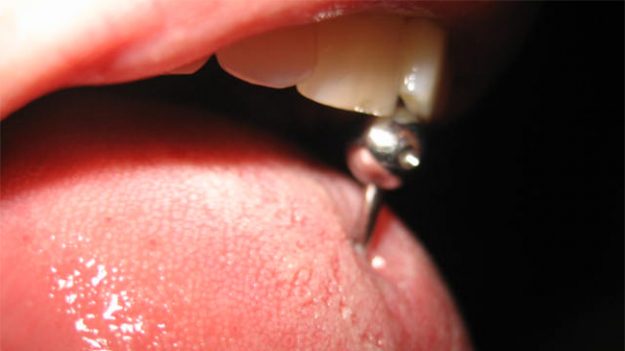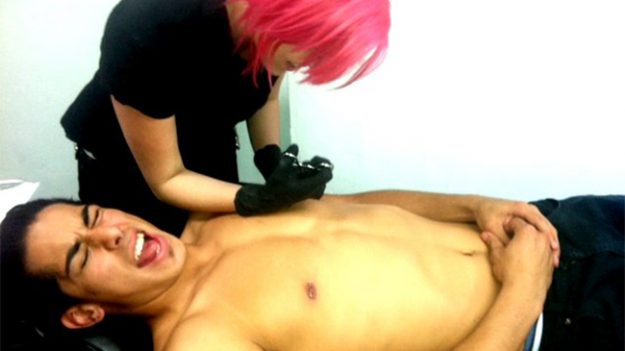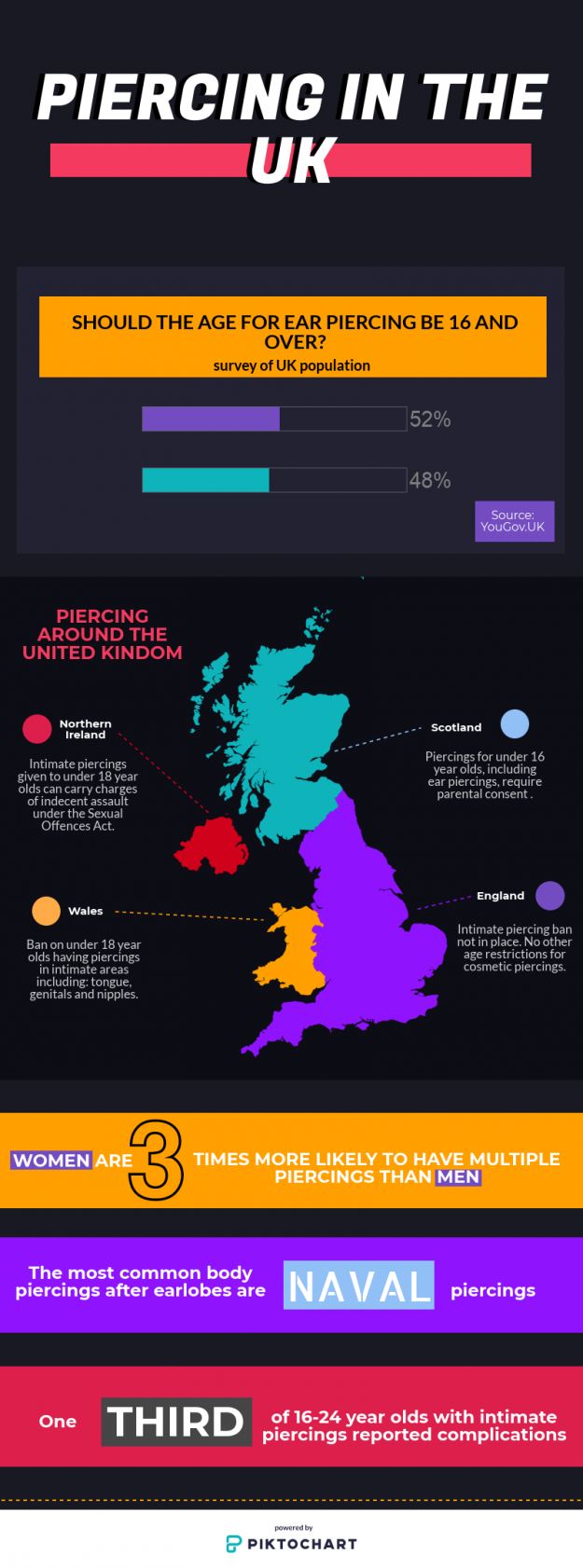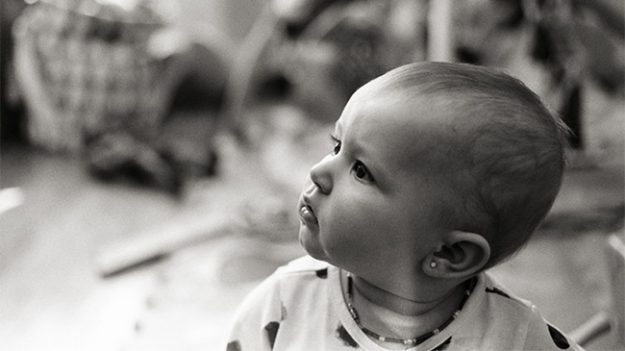Wales has announced an intimate piercing ban for under 18-year-olds, but just how regulated is the piercing industry?

Jessica Peirce is 16 years old and bored when she enters a tattoo and piercing studio with her friend. She pays £20 and asks to have her nipple pierced. Nervous, she squeezes her friend’s hand as she prepares for the procedure.
A clamp is applied and a needle inserted. It is painful, but brief, and within 15 minutes she is back out of the studio with her first intimate piercing.
Her parents never consented to this piercing, or her three later procedures in the same area before her 18th birthday.
Nobody in the studio had asked about parental consent or even whether Jessica was over 18. But there was no obligation for them to do so.
No legal restrictions prevented Jessica from legitimately having an intimate piercing procedure at 16 years old.

Body piercings in the United Kingdom have become increasingly popular and mainstream, particularly with young people. In England, for instance, 46% of women aged between 16 and 24, reported to have had body piercings in places other than their earlobes.
In Wales, however, the government recently announced a ban on ‘intimate’ piercings for anyone under the age of 18. This ban includes breasts, genitals and tongue piercings. One of the reasons argued is that younger people are less capable of caring for piercings in these areas properly. This is according to the statistics suggesting a 1/3 of the 16-24 age group with piercings in these areas have experienced complications.
“I was 16…I don’t think anyone can really keep up with [caring for piercings] at that age,” says Jessica, now 23. “That’s probably why I got the infection first time around. But after that, I did look after it.”

According to the NHS, the biggest risk associated with piercings is a bacterial infection. Tongue and genital piercings are listed as potentially more hazardous, however, as complications could interfere with functions such as speaking, eating and urinating.
“[My friend] got her tongue done and I remember she couldn’t eat for like a whole week,” says business-owner, Jessica. “She was drinking soup and stuff and she lost a lot of weight. For 16 years old, that could be quite dangerous.”
Owner of Body Piercing Training UK and piercing trainer, Chris Stephens, says that clients should be given clear care instructions for cleaning and maintaining their piercing after their procedure.
“We can’t care for the piercings through the client’s lifetime, but what we can do is just give them the best information,” he says. “We’ll give them something to go away with, so they’ve been told the most important things… but again, you can’t tell whether those people are going to listen to you.”
The Welsh government also argues that under-18s could be placing themselves in vulnerable positions by having piercing procedures in intimate areas.
An intimate body piercing could put your child in a vulnerable position with an adult. There’s a new law to protect young people https://t.co/u3kMdb7IAJ pic.twitter.com/z9TXxh2lUi
— Welsh Government (@WelshGovernment) February 1, 2018
“I don’t think they’re putting themselves at risk,” says Jessica. “They’ve chosen to go and get these piercings done and you trust the places you go.”
In the U.K., however, there are no recognised qualifications or training standards for any form of piercing. In order to obtain a piercing license from a local council for a commercial studio, for example, an individual must prove their commercial space meets health and safety regulations. At no point must they demonstrate or provide proof of prior training or experience as a piercer.
“It’s incredibly, incredibly dangerous to attempt to [pierce] without proper training,” says trainer, Chris. “We teach everything from cross-contamination control, learning about blood-borne diseases, through to things like we use ultrasonic cleaners and autoclaves to make sure the equipment is sterile and ready to use…We’re dealing with needles going under the derma-layer of the skin, if the angle is incorrect then you could be piercing areas which, potentially, are incredibly, incredibly dangerous.”

The recent ban in Wales is already in place in Northern Ireland and may show governments are trying to address safety concerns in the industry. However, Wales is the first nation in mainland UK to enact an age restriction on intimate piercings. Although Scotland requires parental consent for piercings, there are currently no minimum age limitations for cosmetic (non-intimate) piercings in any country of the UK.
“In my opinion, there’s a far greater problem with things like babies and very young children being pierced. The main problem with this, apart from the fact that they can’t look after it, is that they don’t consent to it,” says Chris. “In the tattoo and piercing industry, for many years, most people have been pushing for some sort of recognised qualification and some recognised regulations.”

Currently, there is no regulatory body or dedicated faction for the piercing industry. Local councils are responsible for premise licences in their area. For Cardiff, piercing, tattoos, acupuncture and electrolysis are grouped within the same application, while they share an information page with caravan-site permits on the council website.
“We’re lucky in the UK because we really do have world-class tattooists and piercers… I think when you hear horror stories about certain places, I really do think they’re in the minority,” says Chris. “If the councils or the government really asked the industry about the best way forward, which would be safe for everyone, then they have such a wealth of information there available to them.”
There have been no announcements yet that other UK countries will follow the Welsh intimate piercing ban or that there will be any further regulations regarding the piercing industry.
